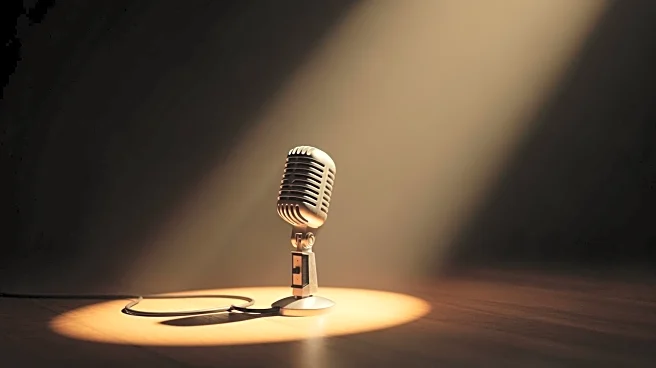What's Happening?
Musician Kenny Loggins has requested the removal of his song 'Danger Zone' from a video shared by President Trump on social media. The video, which features an AI-generated scene of Trump piloting a plane that dumps waste on protestors, has sparked controversy.
Loggins stated that the use of his music was unauthorized and expressed his disapproval of its association with divisive content. He emphasized the need for unity and the role of music in bringing people together, contrasting the video's intent with his own values.
Why It's Important?
The incident highlights ongoing tensions between artists and political figures over the use of music in political contexts. Loggins' response underscores the broader issue of artists' rights and the ethical considerations of using creative works for political messaging. This situation reflects a pattern where musicians have objected to their work being used without consent, raising questions about intellectual property rights and the impact of political actions on cultural unity.
What's Next?
Loggins has issued a cease and desist request, and it remains to be seen how President Trump will respond. The situation may lead to further discussions on the legal and ethical implications of using music in political campaigns. Artists and legal experts might engage in dialogue to establish clearer guidelines and protections for creative works, potentially influencing future political and cultural interactions.
Beyond the Headlines
This event could prompt a reevaluation of how political figures engage with cultural icons and the potential consequences of such interactions. It may also inspire artists to be more proactive in protecting their work from unauthorized use, fostering a more respectful relationship between politics and the arts.
















